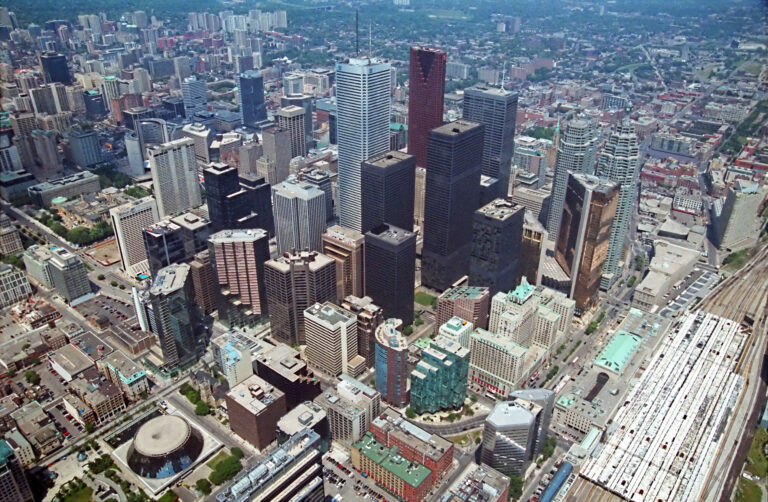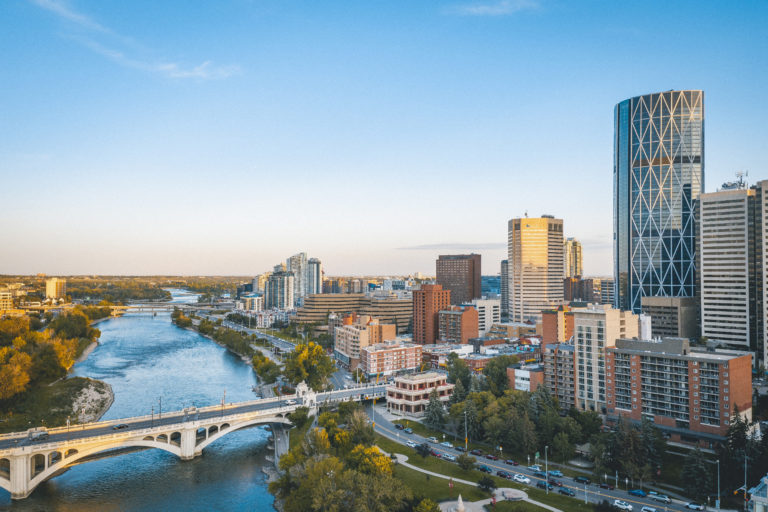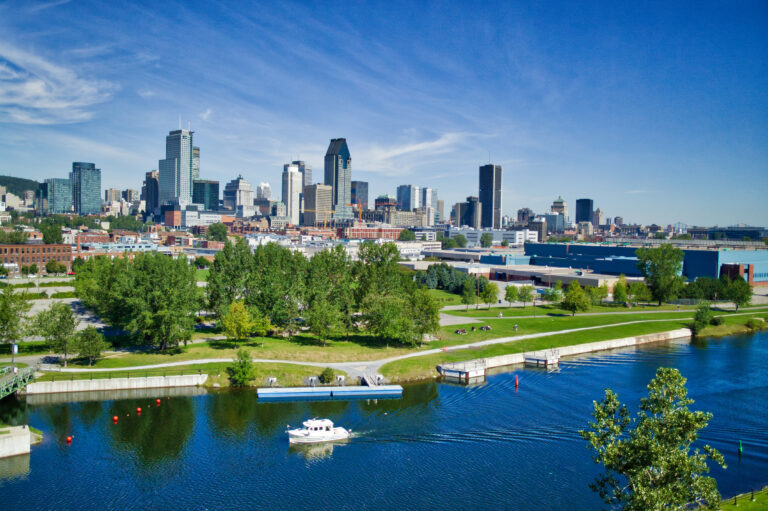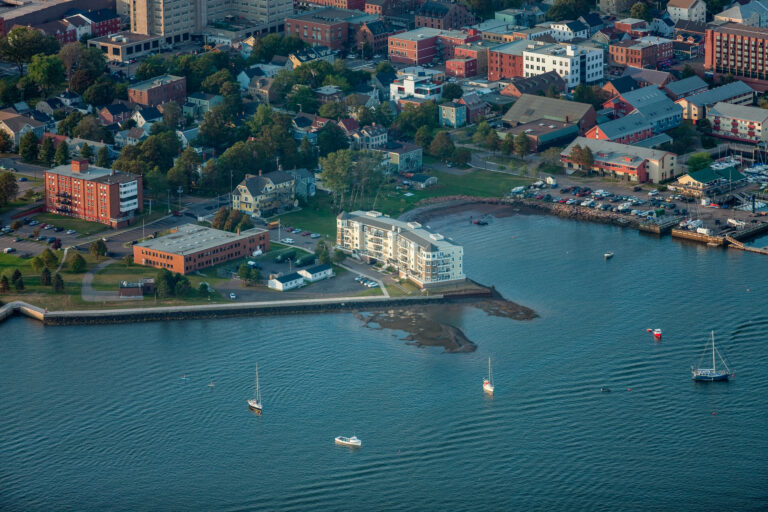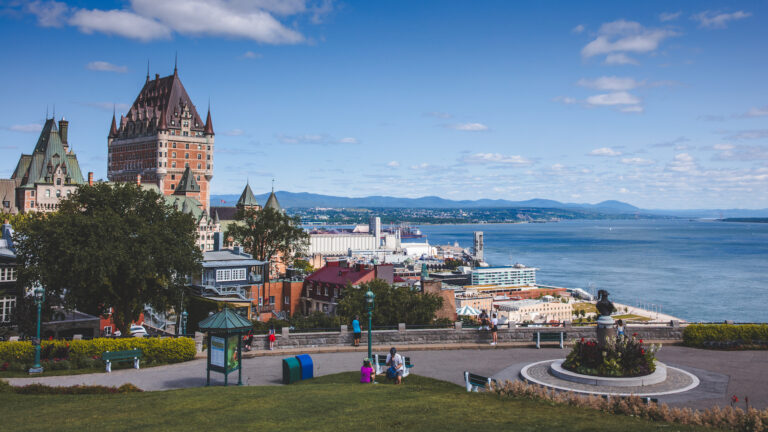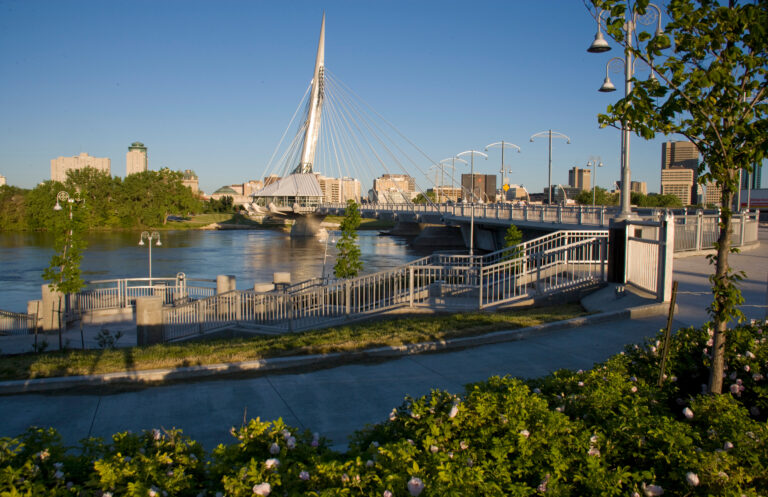Canada immigration applicants for the Ontario Immigrant Nominee Program (OINP) now have to complete an Application Consent form but no longer need to provide an Attestation Form under the province’s Expression Of Interest (EOI) system.
“As of Feb. 26, 2024, all new applications for an … OINP nomination must include the Applicant Consent Form,” notes the province.
That form must be:
- Completed;
- correctly dated;
- signed by the applicant;
- signed by the applicant’s spouse and dependents, if applicable, and;
- uploaded with other documents in the application.
Read More Canada Immigration News
More Than A Third Of International Student Allocation Wanted By Ontario Universities
Refugees From Tanzania and Mexico Eligible For Canada’s Economic Mobility Pathways Pilot
Intake For Alberta Opportunity Stream Temporarily Paused To Address Backlog
“If the form is not completed correctly, your application will be returned as incomplete and your fee will be refunded,” notes the latest OINP update.
Representatives, including immigration lawyers, are not allowed to sign this form on their clients’ behalf.
“You must complete this form after you have received an Invitation To Apply (ITA), or a Notification Of Interest (NOI),” notes the province.
Ontario immigration is advising all new applicants to carefully review the stream specific document checklist to ensure they submit all mandatory documents.
The province also announced this year that it is now also accepting the Pearson Test of English (PTE) Core from Pearson Canada as proof of English proficiency for all OINP streams which require proof of English language proficiency and for OINP EOI points claims.
Watch Video
“Consistent with recent changes to federal policy, the OINP will The PTE will be an additional test that applicants may submit to the program to demonstrate their language ability,” notes Ontario immigration.
That change came into effect on Jan. 30.
“If you have registered an EOI and have not received an … ITA, you may want to update your EOI if you have taken the PTE,” the province advises.
“This program change will not impact individuals who received an ITA or NOI from the OINP prior to Jan. 30.”
Equivalency Between Canadian Language Benchmarks And PTE Scores
| CLB level | Listening | Reading | Speaking | Writing |
| 10 | 89-90 | 88-90 | 89-90 | 90 |
| 9 | 82-88 | 78-87 | 84-88 | 88-89 |
| 8 | 71-81 | 69-77 | 76-83 | 79-87 |
| 7 | 60-70 | 60-68 | 68-75 | 69-78 |
| 6 | 50-59 | 51-59 | 59-67 | 60-68 |
| 5 | 39-49 | 42-50 | 51-58 | 51-59 |
| 4 | 28-38 | 33-41 | 42-50 | 41-50 |
Immigrants Can Come To Canada Through Its Two-Tiered System Of Programs
Canada operates a two-tier immigration system which allows foreign nationals to gain their permanent residency through the federal Express Entry system’s Federal Skilled Worker (FSW) program, Federal Skilled Trades (FST) program and Canadian Experience Class (CEC), as well as the PNPs of the 10 Canadian provinces.
Under the Express Entry system, immigrants can apply for permanent residency online and their profiles then are ranked against each other according to a points-based system called the Comprehensive Ranking System (CRS). The highest-ranked candidates will be considered for an ITA for permanent residence.
Those receiving an ITA must quickly submit a full application and pay processing fees, within 60 days.
Through a network of PNPs, almost all of Canada’s ten provinces and three territories can also nominate skilled worker candidates for admission to Canada when they have the specific skills required by local economies. Successful candidates who receive a provincial or territorial nomination can then apply for Canadian permanent residence through federal immigration authorities.

